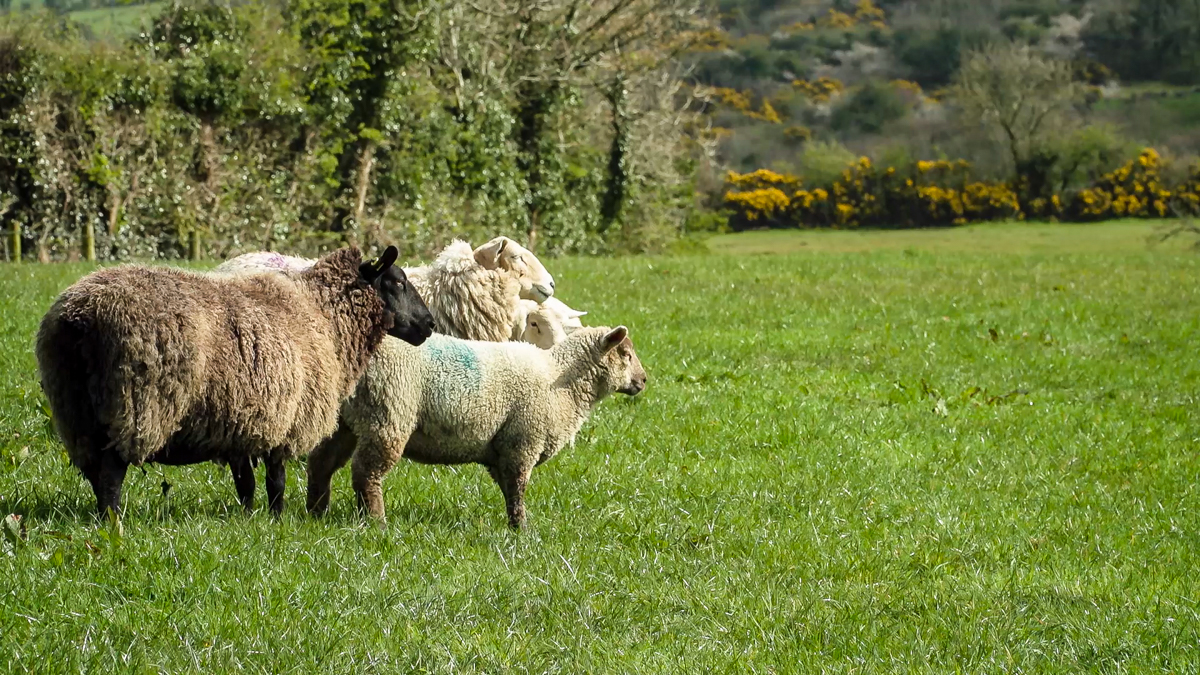Topics including flock health, organic farming and greenhouse gas (GHG) emissions will be discussed at the annual Teagasc National Sheep Conferences this month.
The conferences will take place on Tuesday, January 24, in the Hillgrove Hotel, Monaghan town, and on Thursday, January 26, in the Brandon House Hotel, New Ross, Co. Wexford.
Both conferences start at 7:00p.m with a line-up of four speakers that will be repeated in each location, discussing some of the latest research from the Teagasc national sheep programme.
Teagasc director, Prof. Frank O’Mara will open the conference in Monaghan and address the challenges and opportunities facing the sheep sector.
The commitment and work programmes underway by Teagasc to support the sector and the industry will also be outlined.
Teagasc National Sheep Conferences
Flock health is the key to productivity on sheep farms and a growing challenge being experienced within the industry is the area of anthelmintic resistance, Teagasc said.
Principal scientist in parasitology at the pastoral agricultural research centre (AgResearch) in New Zealand, Dr. Dave Leathwick, will outline his work with farmers and veterinarians, dealing with real-world drench-resistance management issues.

Dr. Leathwick has been researching nematode parasites of grazing livestock with a focus on their biology and control, and the development and management of anthelmintic resistance for nearly 35 years.
Organic farming and emissions reduction
Ireland’s Food Vision 2030 strategy has set a target of increasing the land area farmed organically to 7.5% by 2030.
Teagasc organic specialist, Elaine Leavy and organic sheep farmer from Co. Offaly, Amy Jackson will discuss factors to consider when producing lamb on an organic farm.
Targets to reduce GHG emissions across the Irish economy by 51% by 2030, with a 25% reduction in emissions in the agriculture sector have been agreed by government.
Management practices that can be implemented on sheep farms to reduce the environmental impact, and also have wider positive effects such as economic and production benefits will be outlined by Teagasc’s Dr. Jonathan Herron.
PhD Walsh scholar based in the Teagasc National Sheep Research Centre in Athenry, Lisa McGrane will present her research on the addition of clovers or herbs to perennial ryegrass swards on animal and sward performance under an intensive sheep production system.
